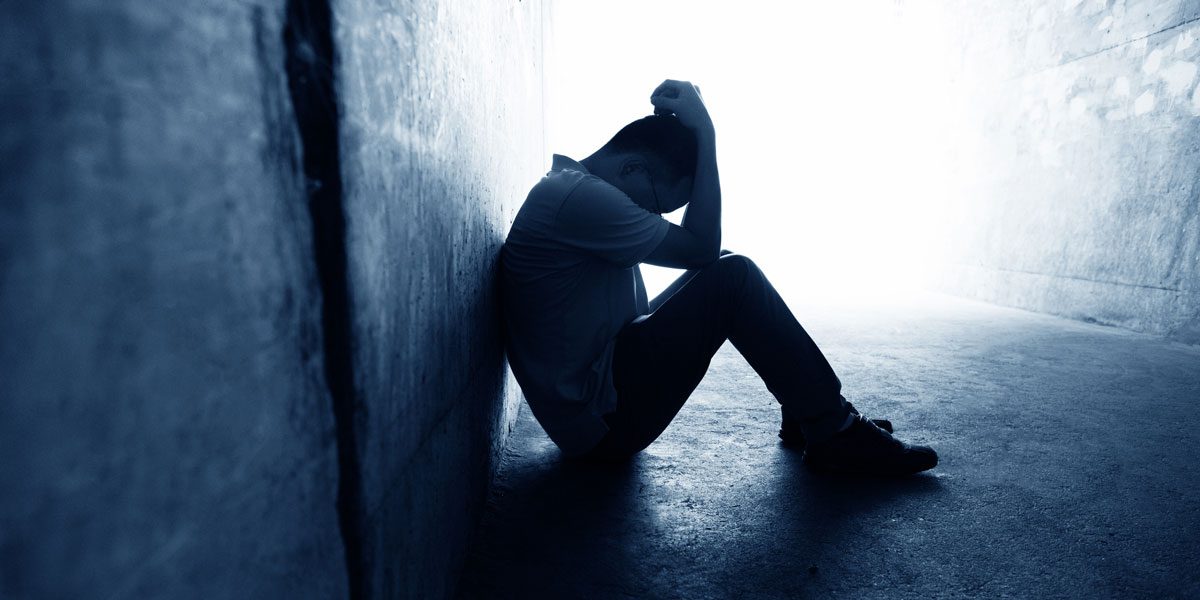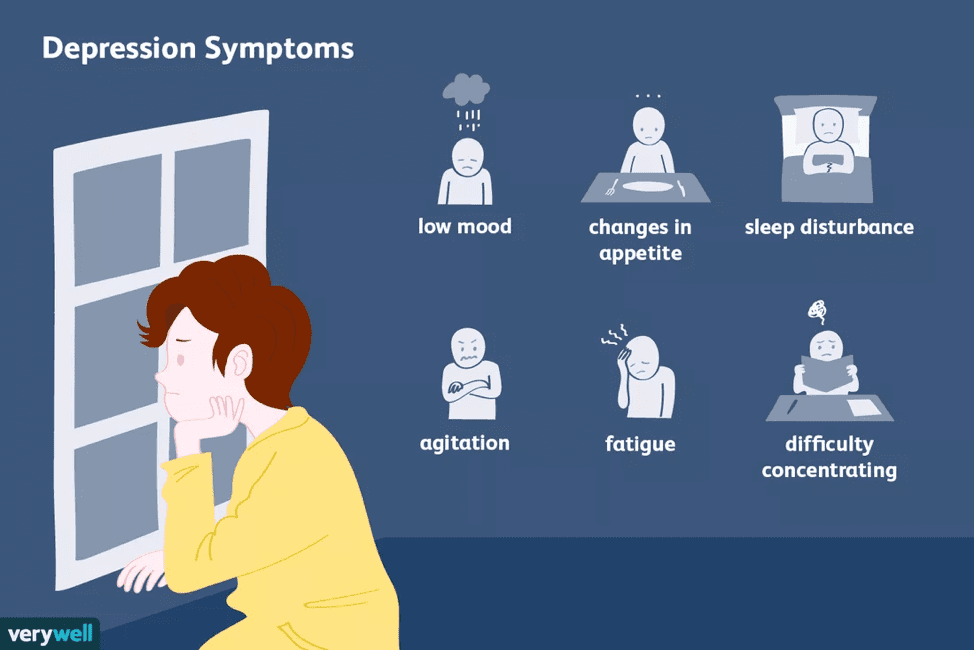
In the spirit of leading Rice Psychology Group from an authentic place and not shying away from vulnerability and imperfection (thank you for giving words to this, Brené Brown), I’d like to share a few short snippets from the journals I kept in high school.
Fortunately, I’ve come a long way since then! I do worry about what you might think when reading this, but I hope it provides some evidence that I really do understand suffering. Please be warned that some of these entries contain obscenities and may be difficult to read.
June – 10th grade:
“The pressure is so overwhelming. I hate it. I feel horrible and defeated – like I’m stuck, no one can help me, and I can’t please me, my mom, dad, or anyone!”
May – 11th grade:
“There is so much anger inside of me. I want to deal with my life, but it is so fucked up that I don’t see how I’m going to get better. I feel miserable, exhausted, and so alone. I’m fighting a losing battle. I’m feeling all burnt out. I don’t even care about being happy. Life sucks anyway.”
August, just before 12th grade. Working at the U.S. Open selling merchandise:
“I’ve been home from camp for a week. It’s been kind of shitty, and right now I feel depressed, lonely, and tired. I’m working at the Open, and even though I’m with people, I’m not with any friends and I just want to cry. I think the major reason why I’m not enjoying it is that there is not anybody I look forward to seeing.”
December – 12th grade:
“Yes, tonight I think I want to die. I see no reason to live and no hope in this world. I don’t fit in with my family. I can’t talk about my fucking feelings nor do I want to. Everyone’s pressuring me to talk and I want to keep it all to myself. I can’t handle school, friends, or anything.”
Why did I share this with you all? Well, we usually write a little vignette about a fictional person as a start to our blogs, but as I sat with several psychologists from RPG during a full day of training focused on effective treatment for depression last month, I decided to not only share a little more of my story with you, but also, and much more importantly, hope. There is so much hope when depression comes knocking!
The Signs
When kids, teens, and adults experience depression, they:
- Often show less interest in activities that they used to enjoy.
- May have a hard time getting out of bed.
- Typically feel sad, irritable, or even angry.

Courtesy of verywellhealth.com
Some people complain that they don’t feel much of anything when they’re depressed. Difficulties with concentrating and a lack of their normal self-confidence are also commonly seen. We definitely know that, for most people, recommending they just “snap out of it” or “suck it up” are not particularly effective treatment approaches.
Luckily, we do know that a therapy called “behavior activation” is effective.
Behavior Activation
Behavior activation, or BA, is based on the idea that, as people become depressed, they tend to avoid doing things and spending time with others. Avoidance leads them to withdraw or isolate themselves from people and activities that used to bring them pleasure and socialization. And the more this happens, the more their symptoms of depression worsen.
The idea of BA is to help people gradually avoid less and engage in life more. Making small changes to one’s behavior is easier than directly trying to change their mood. And mood has been shown to improve as folks with depression avoid less and engage in activities they enjoy more.
Without realizing it, my parents and guidance counselor used the principles of behavior activation to restructure my school day. As a depressed high school senior who had already been accepted into college, I was able to drop all classes not required for graduation. In their place, I spent a few mornings working in a 1st grade classroom and some afternoons at the barn and riding horses.
Being at the barn checked off so many BA boxes:
- Social interactions.
- The healing power of animals.
- A place where I felt competent and valued.
Luckily, I also had the benefit of therapy, medication, and a supportive family. I managed to recover from my depression before I left for college.
The Targets of BA
So, what do we target with BA? The list includes:
- Routine activities like taking a shower and fixing meals.
- Enjoyable activities like exercising or going out for a meal or movie.
- Activities that are related to one’s values in life. For example, if you value helping others, volunteering at Metropolitan Ministries is something we’d add to your list.
- Triggers for and activities one can engage in to reduce the anxiety and rumination that often accompanies depression.
Then, we track how a person’s mood changes based on their behavior and tweak things as we go along. The results are pretty impressive. Oftentimes, activities lead to motivation rather than vice versa. So, we don’t typically wait for a person to feel motivated to start “avoiding avoidance” or getting active. We set the bar pretty low at the beginning so that you can get going without a tremendous amount of effort and with some nice successes.
Find the Help You Need with Us
I personally understand how hard depression can be. Know that at Rice Psychology Group, our licensed psychologists and therapists will do what they can to help you speak about what you’re feeling. We offer a comfortable, non-judgmental environment where you’ll be free to say what’s on your mind. Contact us today to schedule your session.

